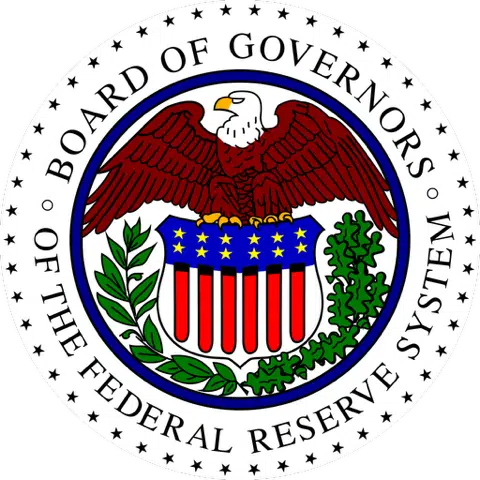In keeping with Washington’s friendlier attitude toward cryptocurrencies, the Federal Reserve and the Federal Deposit Insurance Corp. on Thursday pulled statements they had issued early in 2023 that had indicated a tougher stance on crypto regulation for banks. The regulators’ new approach, as indicated in a statement issued late Thursday by the FDIC, says “banking organizations may engage in permissible crypto-asset activities and provide products and services to persons and firms engaged in crypto-asset related activities, consistent with safety and soundness and applicable laws and regulations.”
While the regulators will continue to keep a close watch on digital currencies, the relaxed approach means “they are no longer highlighting safety and soundness concerns with crypto businesses and assets,” notes Aaron McPherson, principal at AFM Consulting, in an email message to Digital Transactions News.
This new approach may open opportunities for banks in the crypto field, but McPherson cautions that these transactions still pose risks that could be underestimated or even ignored. “The FDIC and Fed can withdraw guidance, but financial institutions are still bound to manage their risk,” he notes. “In a way, this is worse, because now it is up to each individual bank to decide who or what is too risky.”

Regulators adopted a tougher approach to crypto transactions early in 2023 following the stunning failures of three major financial institutions that were heavily involved in crypto banking. Silvergate Capital Corp. collapsed early in March, followed by the failures of Signature Bank and Silicon Valley Bank over a weekend in the middle of the month.
The failures rattled Washington, leading some observers at the time to predict the Biden administration might move on nascent plans for a so-called digital dollar, or a form of stablecoin issued by the federal government. While the Trump administration has adopted a more open approach to blockchain technology generally, there have been no indications so far that a federally sponsored digital dollar might emerge any time soon.

Indeed, observers like McPherson see some cynicism behind the latest moves from regulators to disown previous policy. “I think this is more of a political move than a response to some change in the environment,” he argues. “Crypto assets and crypto businesses are still extraordinarily risky, and I think the current enthusiasm for the sector is likely to result in some more spectacular failures, which banks would do well to avoid.”
Nor are circumstances likely to improve for cryptocurrency any time soon, despite the moves by regulators to lighten their touch, skeptics say. “I’m not sure how much this will really change,” notes McPherson.







